
Digging deep: Agricarbon to lead soil carbon assessment across Northern Ireland
The soil carbon measurement specialist will deliver deep soil carbon sampling as part of one of the world’s most comprehensive nutrient and carbon mapping schemes

The soil carbon measurement specialist will deliver deep soil carbon sampling as part of one of the world’s most comprehensive nutrient and carbon mapping schemes

Corporates are showing greater interest in carbon offsetting to tackle climate change and supply chain risks as shifting government policies fall short, claims the co-founder of Mitti Labs.
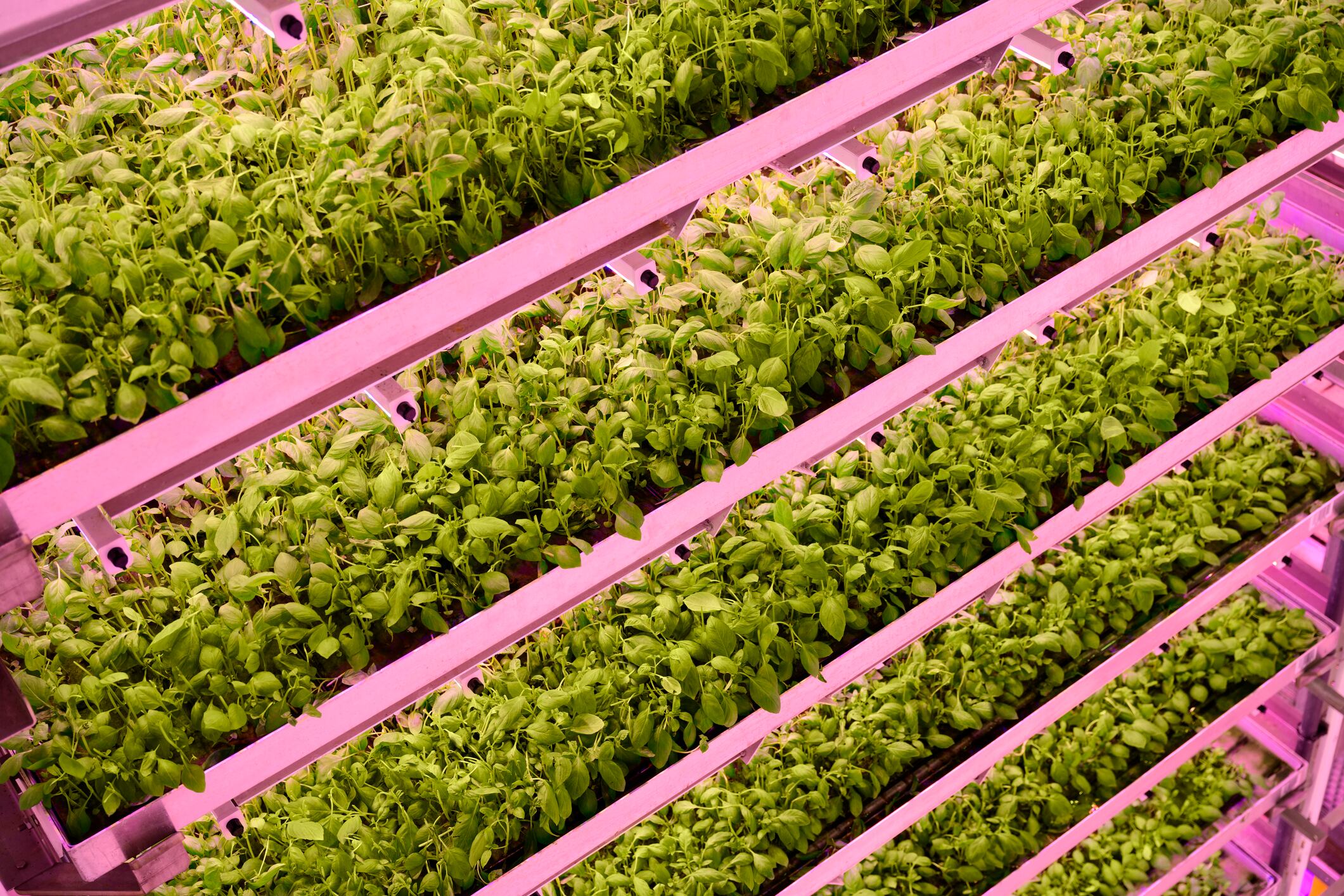
A new study led by the University of Surrey in the UK has found that while vertical farms dramatically increase lettuce yields and use far less water, the carbon footprint still exceeds traditional lettuce farming – raising important questions about how...

Climate finance company InSoil readies itself for carbon credit market growth as it earns SCS Global verification for its carbon programme.
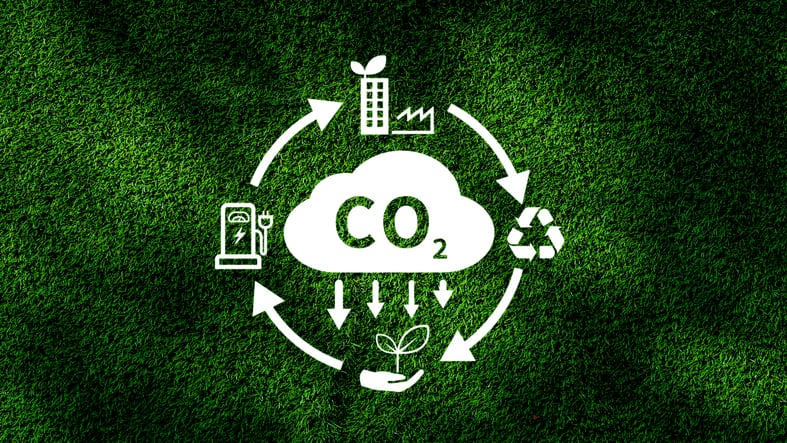
Vietnam and Switzerland accelerate discussions on carbon credit trading, aiming to finalise a cooperation roadmap and open negotiations by September.
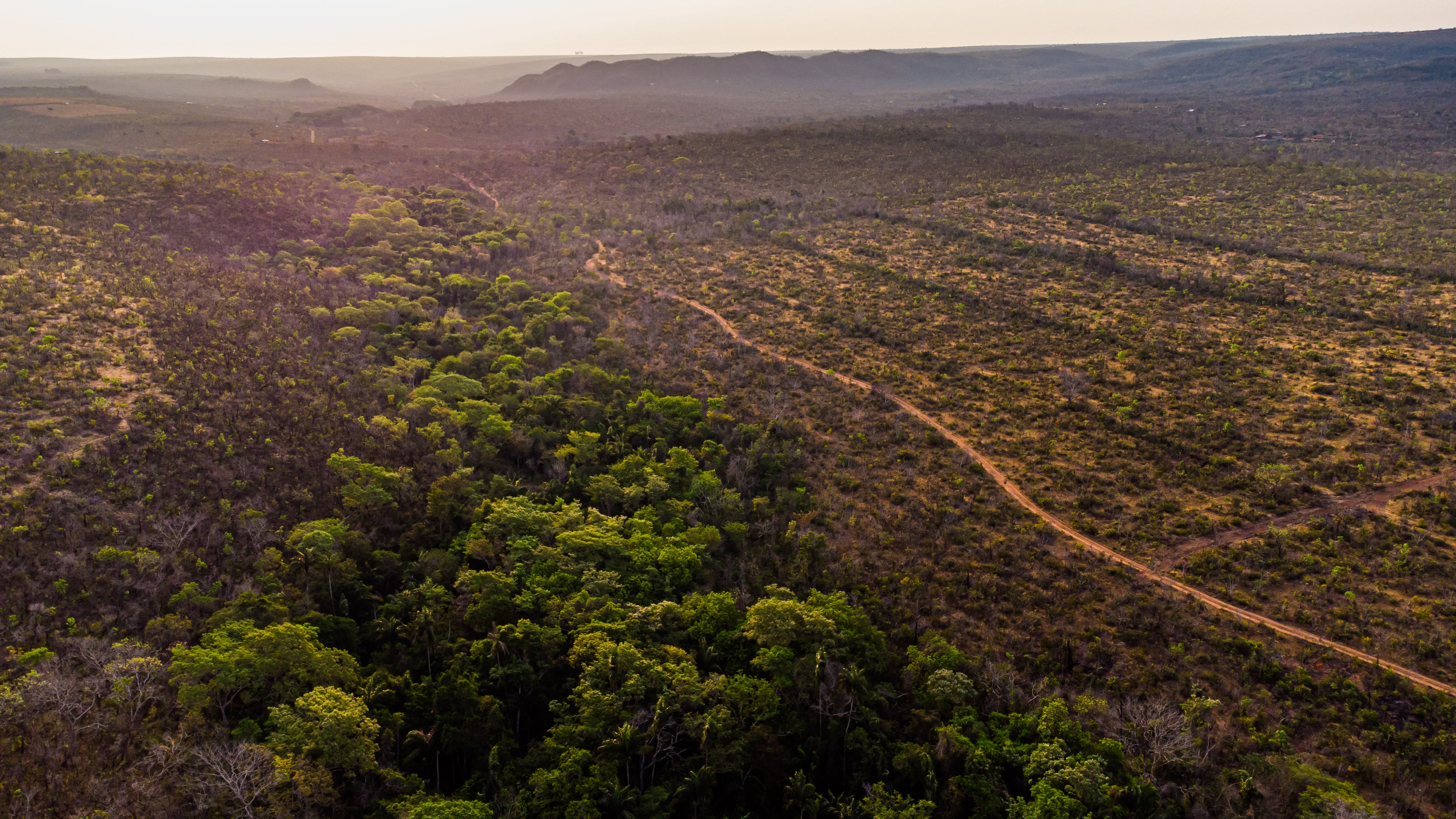
The RCF is projected to reach over US$200m by the 2026/27 season
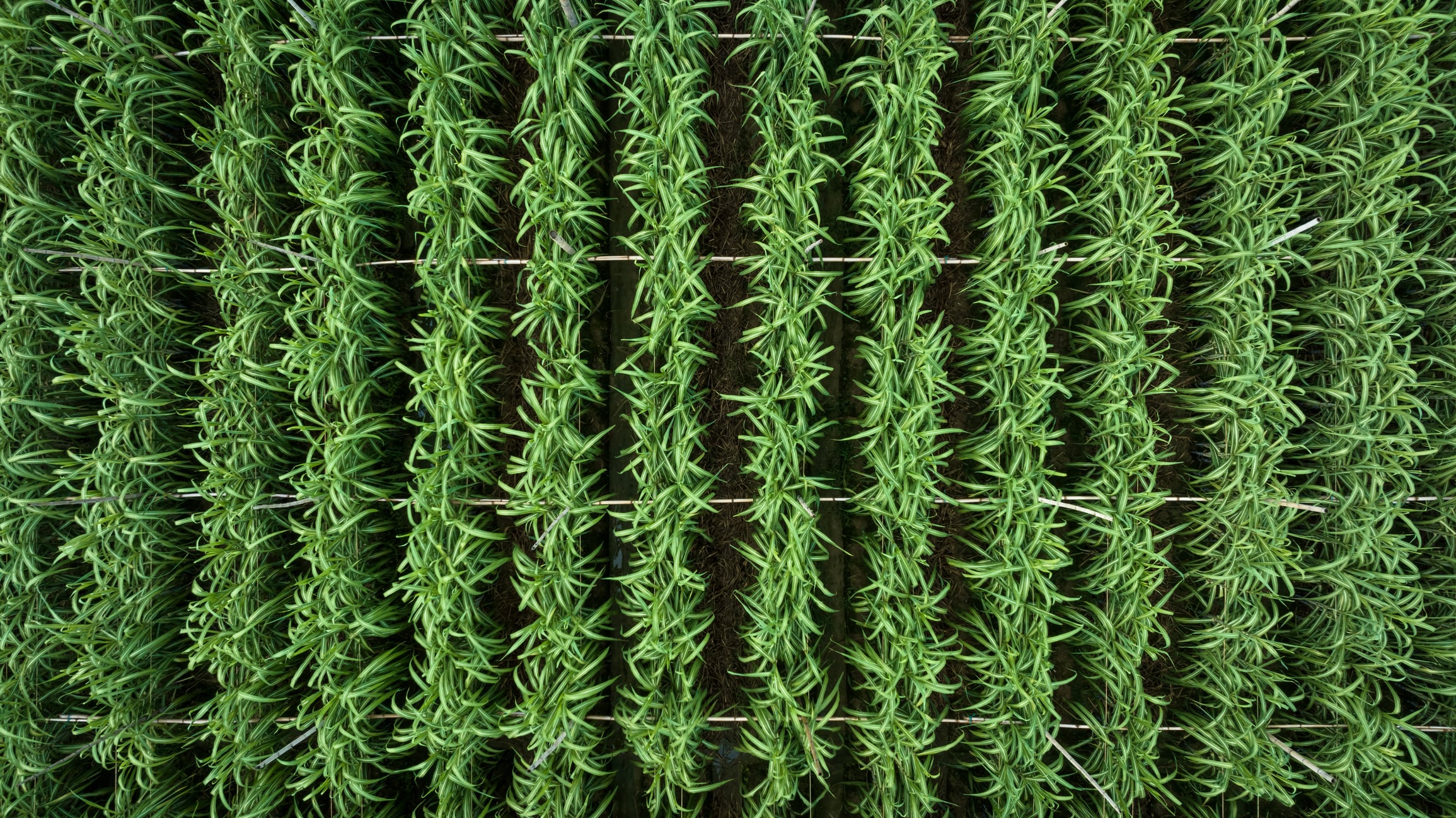
Earlier this year Coca-Cola Europacific Partners (CCEP) announced a partnership with AI-driven plant breeding start-up Avalo. The project hopes to find sugarcane varieties that offer better yields from lesser quantities of water and fertiliser, explains...
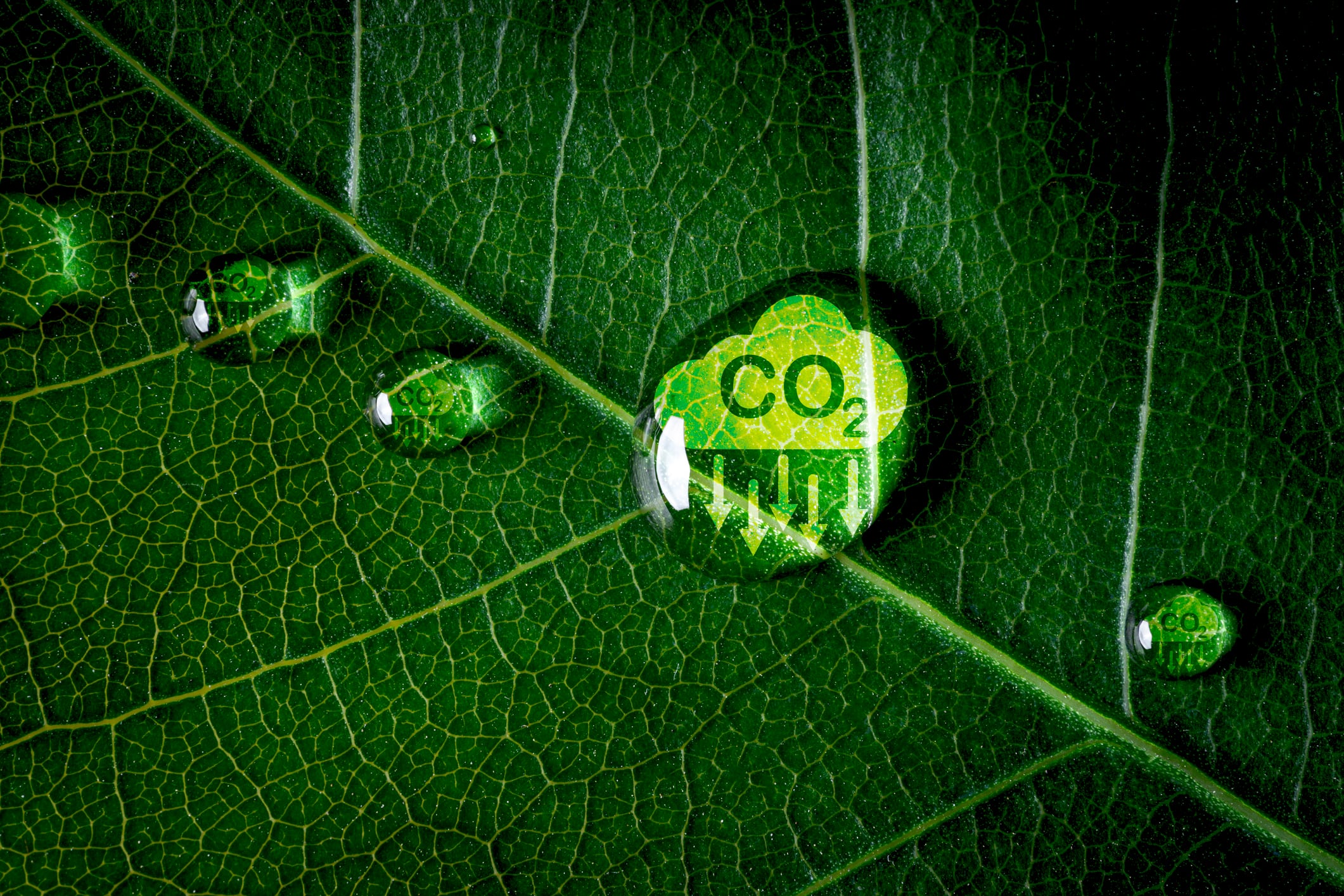
A lack of clear laws and infrastructure is stalling Vietnam’s carbon credit export, preventing business from fully capitalising on the potential of a new “soft resource”.
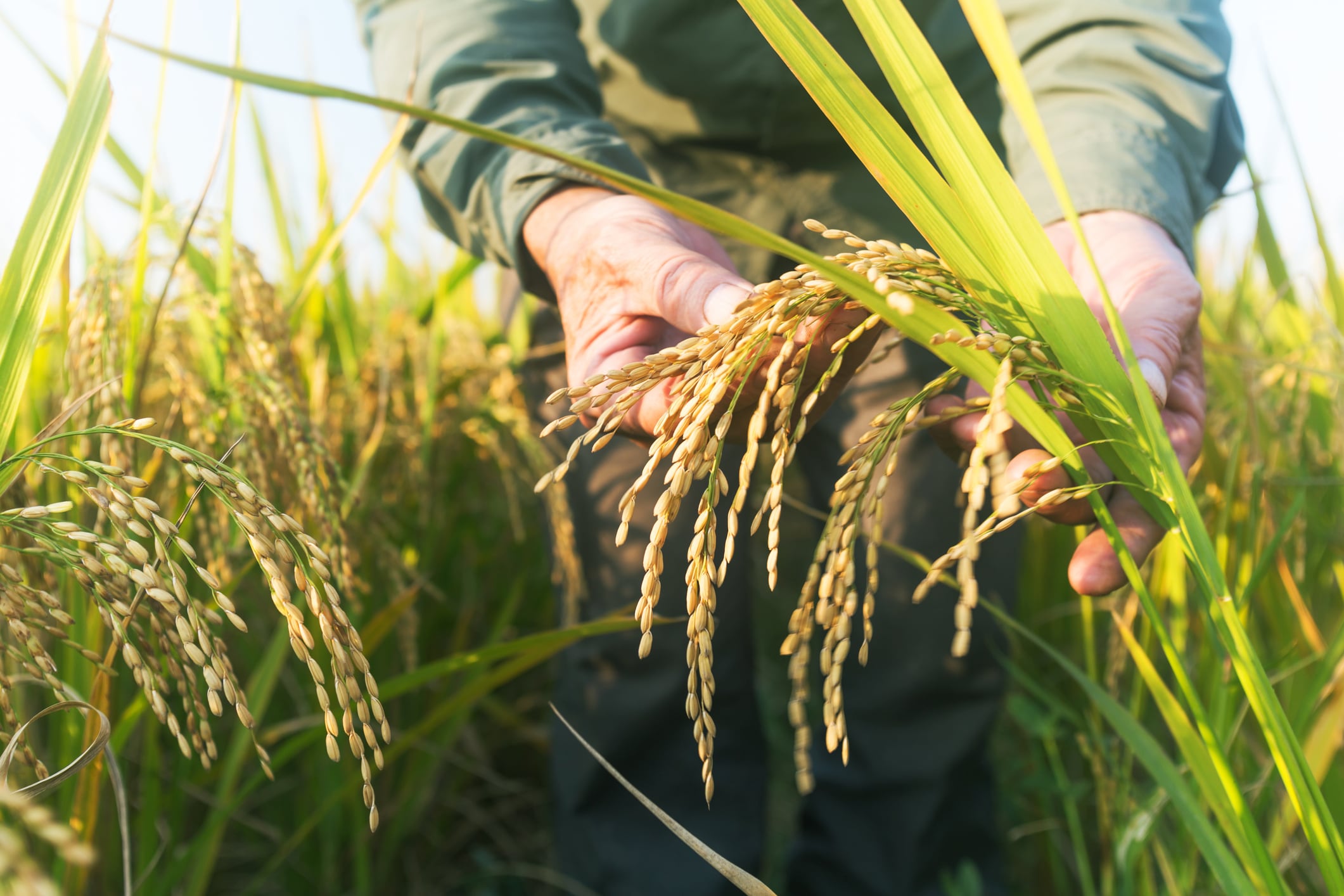
The rice value chain will increasingly focus on climate-smart practices to shape the future of farming, with a new project in Vietnam highlighting the benefits of industry collaboration.
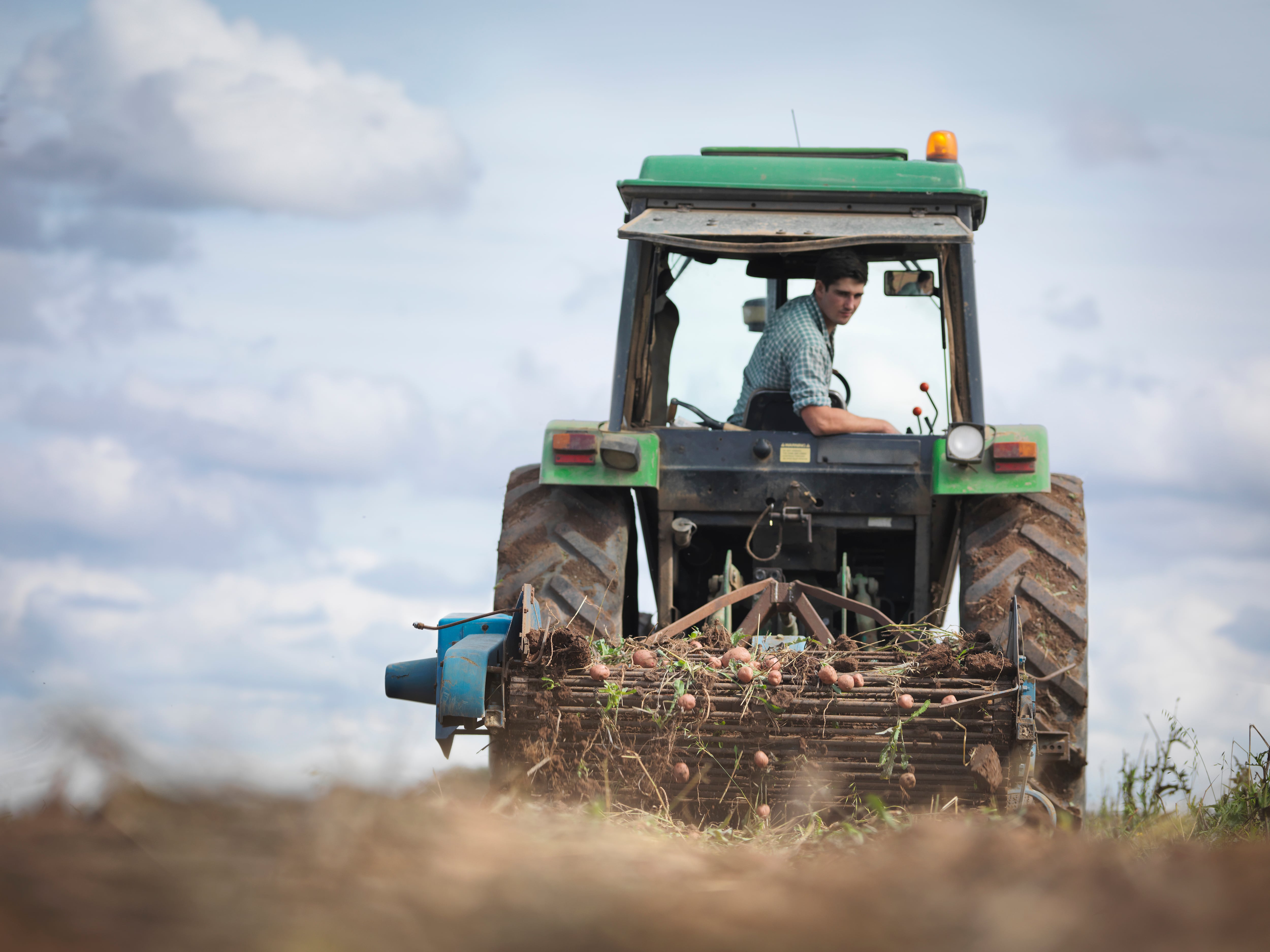
Co-op says that supporting British farmers is ‘more important than ever’ after announcing a £820K sustainability fund for British farmers at the start of the year
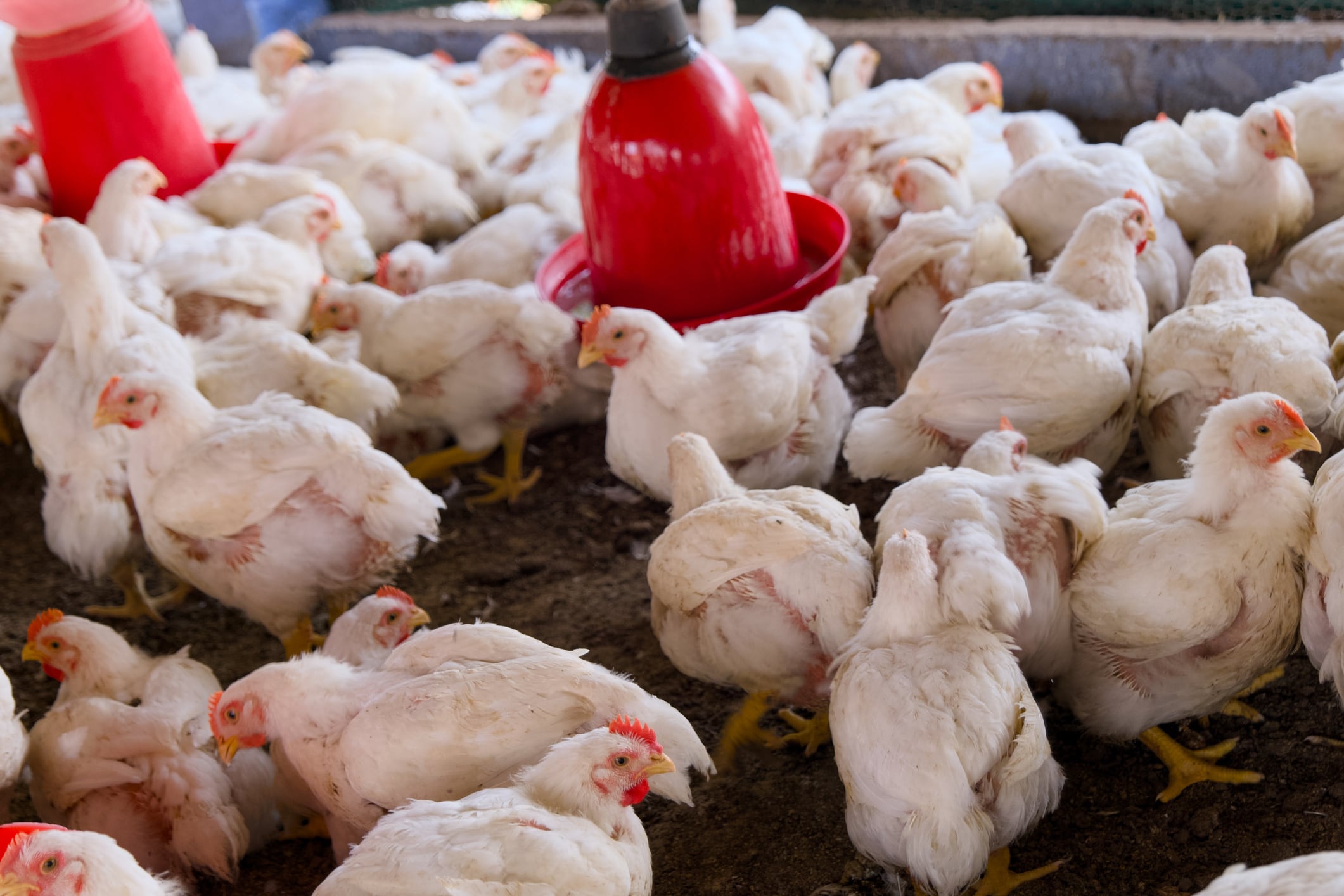
Major grocers actively investing in farm-level innovation

In this Top 10 recap, AgTechNavigator spotlights the most-read stories of July 2025, covering breakthrough innovations, rising startups, and the trends shaping the future of farming
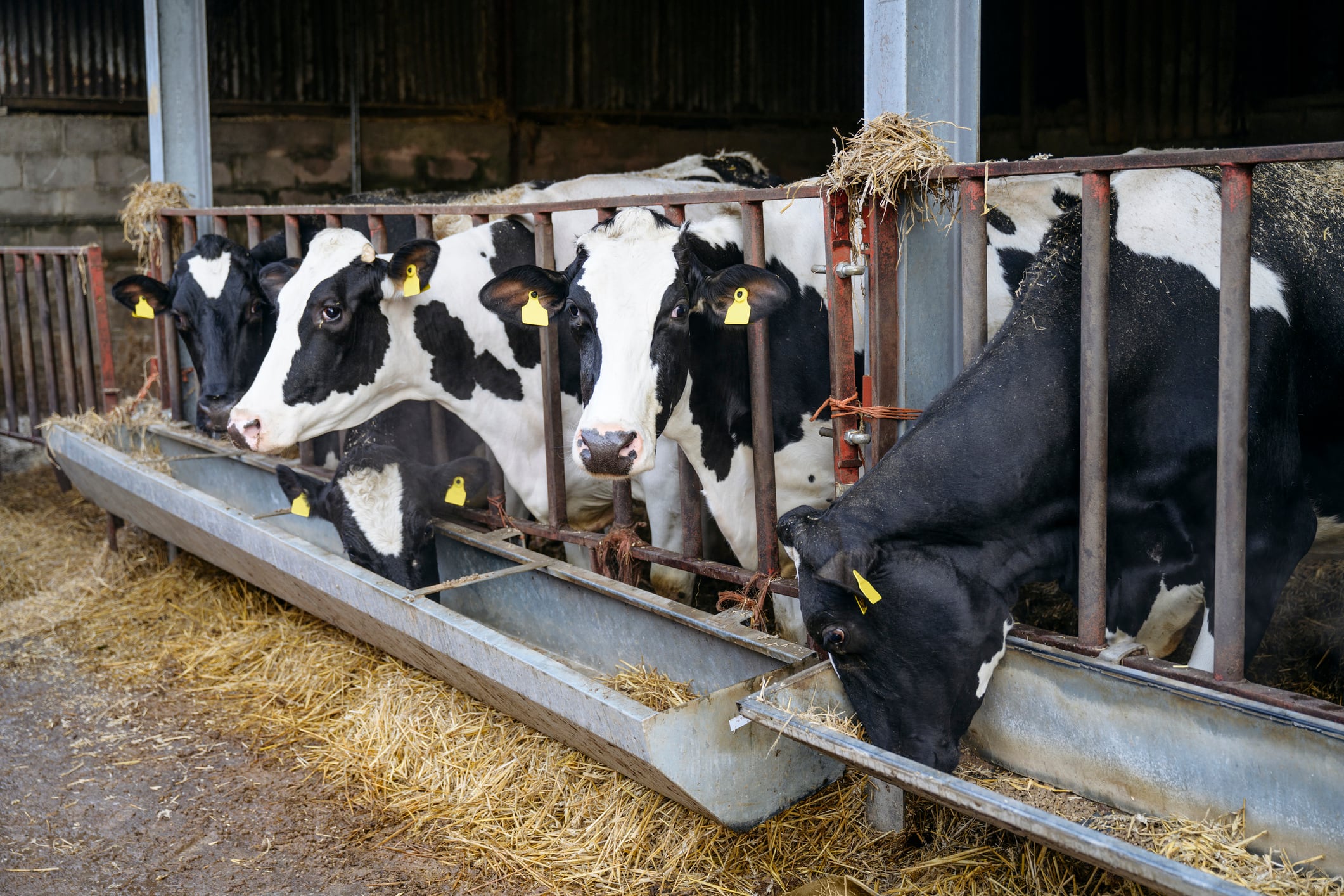
Data transparency is reportedly key to help UK dairy farmers unlock one of the most overlooked opportunities to reduce carbon emissions - the cow’s daily ration
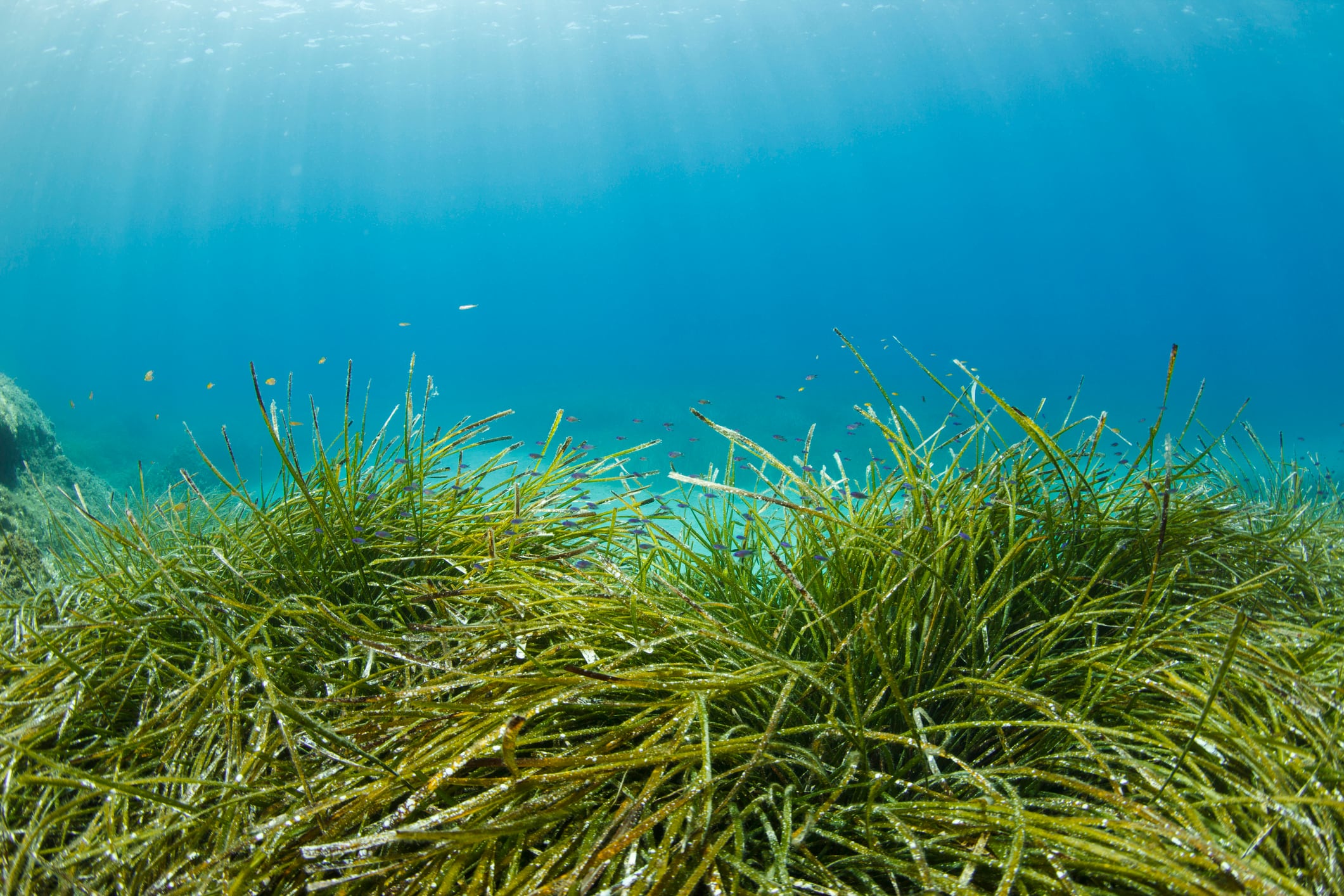
Taiwan approves two new blue carbon methodologies for mangrove afforestation and seagrass restoration, unlocking new tools that will support its 2050 net-zero ambitions.

Vietnam’s key low-emission rice project is delivering higher yields and profits while cutting costs and carbon, earning further support from government.

Europe has untapped demand for nature-based carbon credits, according to separate reports from Estonia-based climate tech company Arbonics and UK specialist bank Oxbury

World Agri-Tech South America Summit 2025
Brazil’s sustainable ag sector is propelling the country’s economy, while government action and innovative technologies are crucial to developing its next hot commodity — carbon
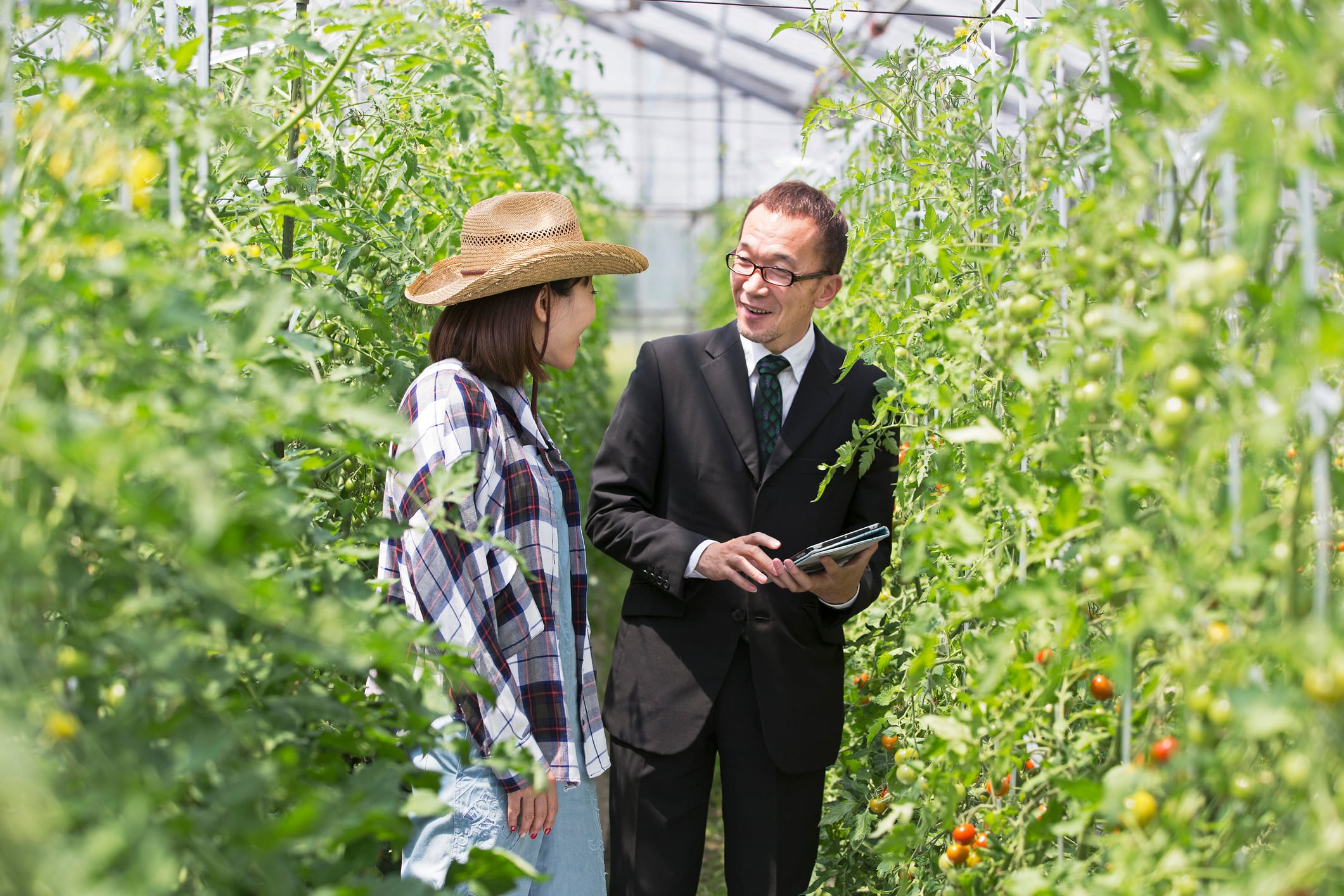
Japan is encouraging the overseas expansion of its decarbonisation technology to enhance food security internationally and domestically
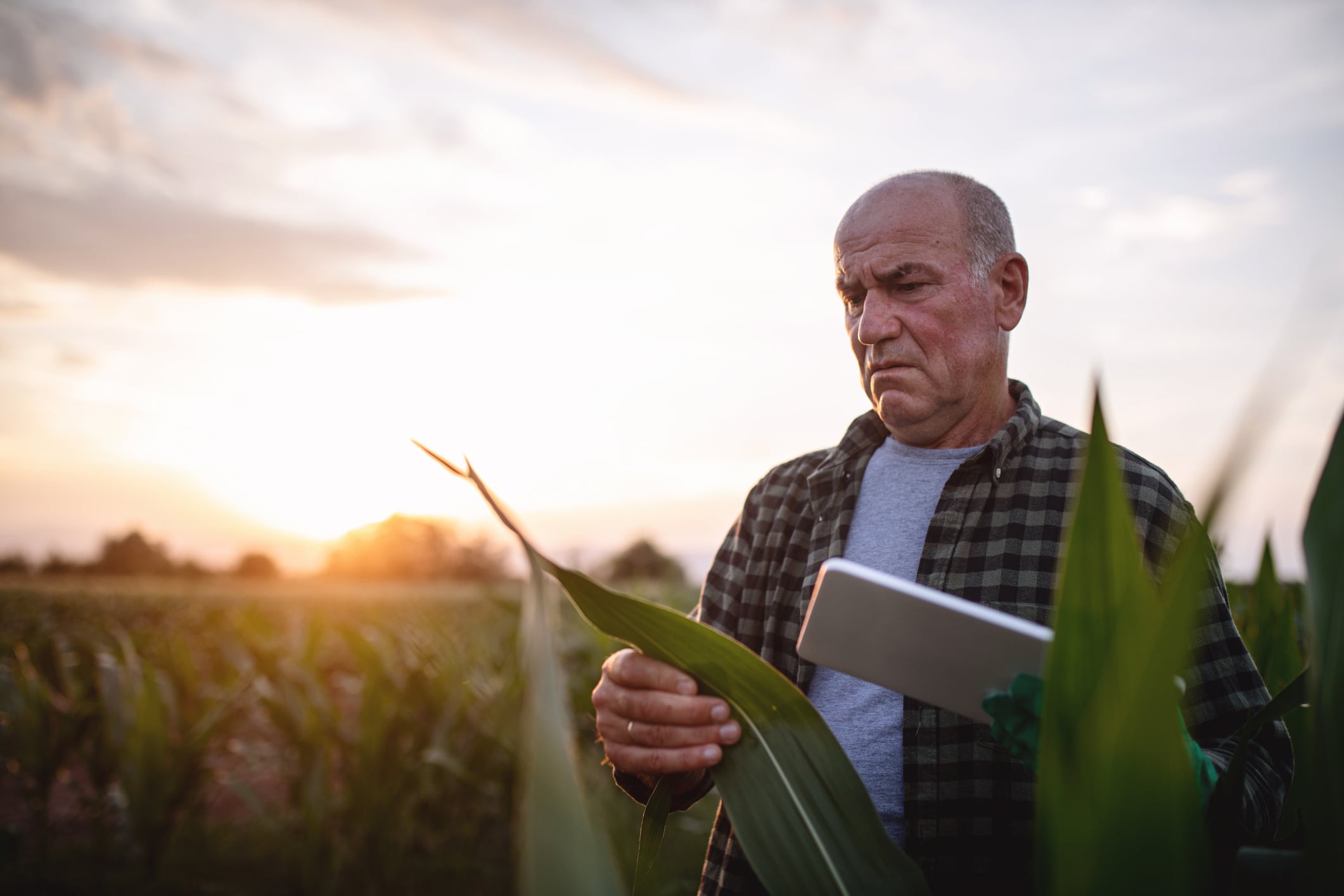
With the fear of getting rejected by traditional financial institutions a huge deterrent to trying innovative practices, finance providers InSoil and Key Carbon have joined forces to raise €100 million to give to European farmers to adopt regenerative...

‘Investors are becoming more discerning, not less committed’

The co-founder of rice decarbonisation firm Mitti Labs explains why consumer awareness could be even more important than corporate stakeholder engagement in making the sector more sustainable.

Zespri, the world’s largest kiwifruit marketer, has announced the launch of the second year of its ZAG Innovation Fund, a US$2 million initiative to accelerating sustainable innovation in the kiwifruit industry.

Estonian company Arbonics has formed a first-of-a-kind tie-up with Sweden’s Treebula which combines two technology platforms and uses AI-driven forest analysis to give 300,000 private forest owners access to carbon markets.

Google has announced new purchase agreements with companies Varaha and Charm Industrial to help accelerate and scale biochar as a carbon removal solution.

Finding the perfect agtech solutions for the local reality is the holy grail for innovation, and it’s unlikely these will all come from Silicon Valley, says Golden Agri-Resource’s (GAR) chief sustainability and communications officer.
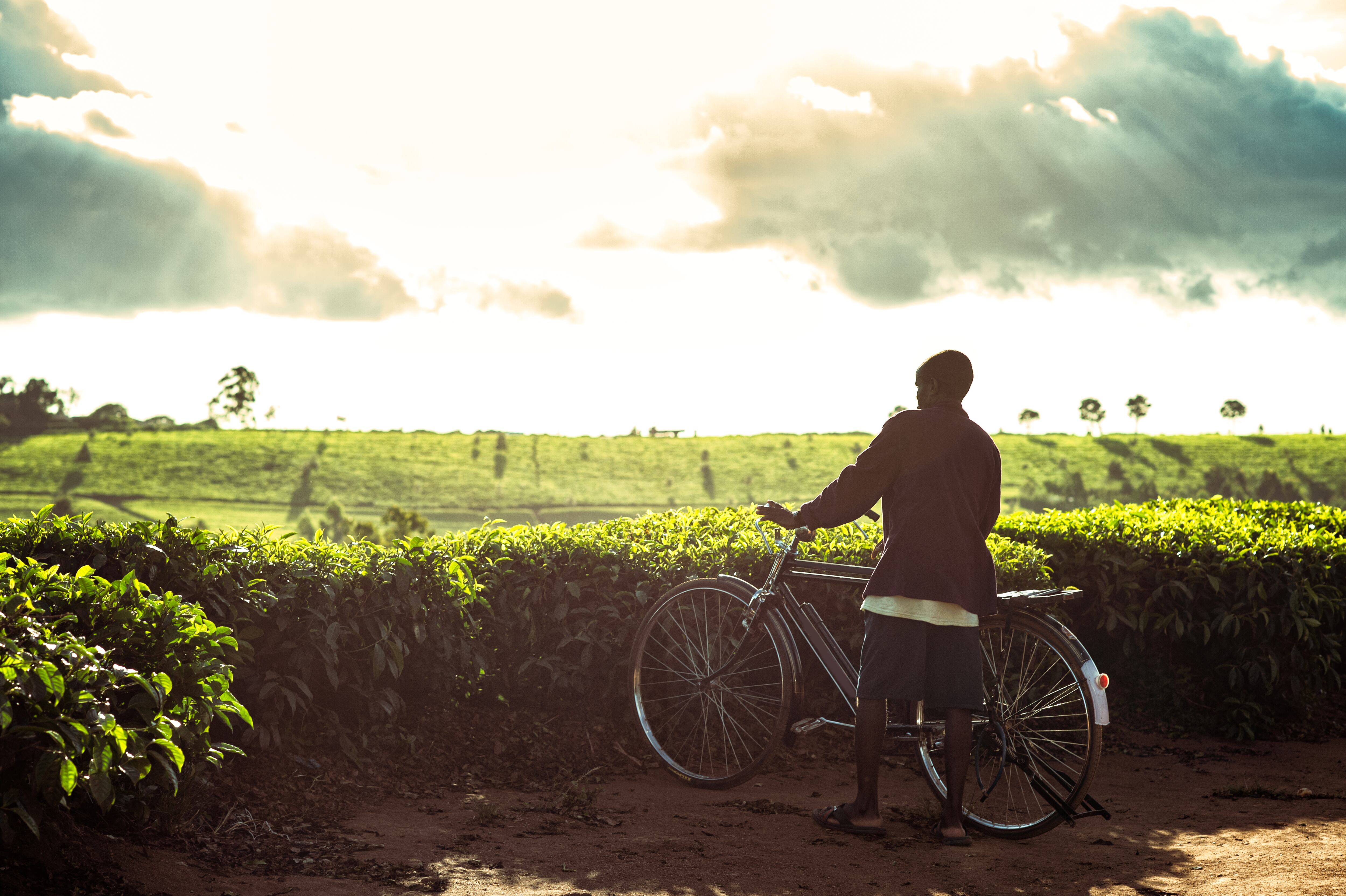
The newly agreed COP29 finance deal could present opportunities for the agri-tech sector – particularly concerning carbon credits – but much remains up in the air.

Everyone knows we need to produce more food, with fewer resources. But how is Asia’s agri-food sector turning words into action, and what more urgently needs to be done?

The European Bank for Reconstruction and Development (EBRD) is partnering with EIT Food, the world’s largest food innovation community, to launch a new accelerator bub for start-ups in the EU.
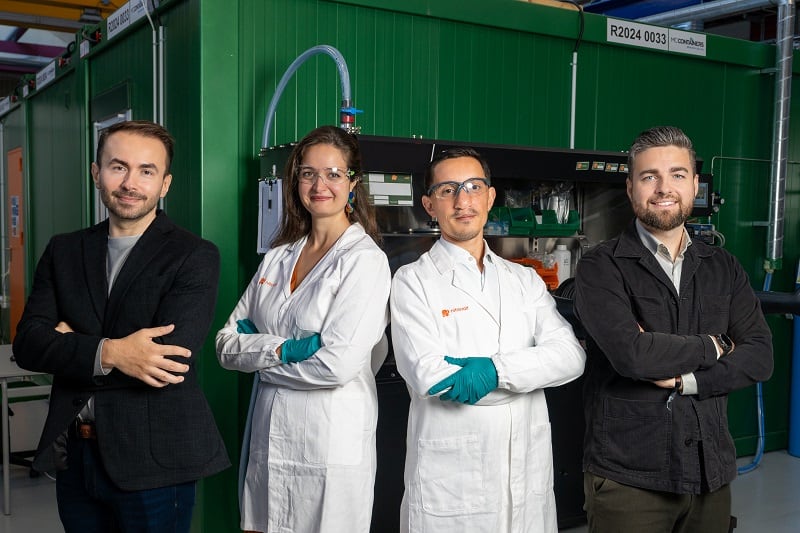
The Danish company has secured €3.5 million in seed funding to develop a sustainable and decentralised method for producing ammonia.

Trump’s return to the White House is expected to have a significant bearing on the agtech sector. Here’s how.
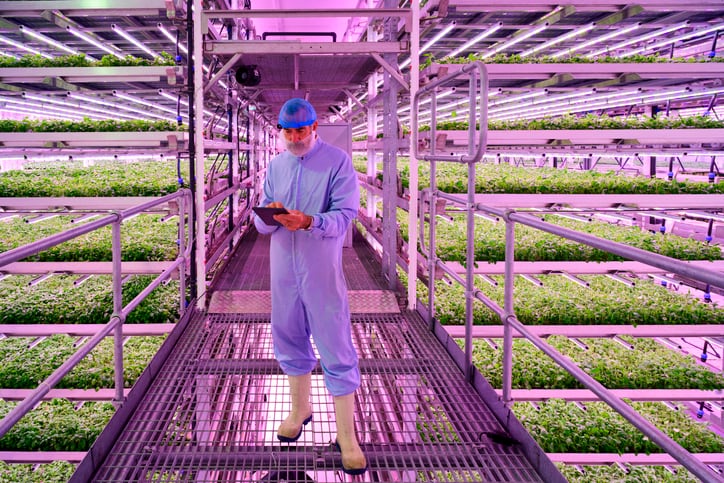
Bowery Farming may not be the last vertical farming company to fail before the sector begins a period of more stable scaling and growth.
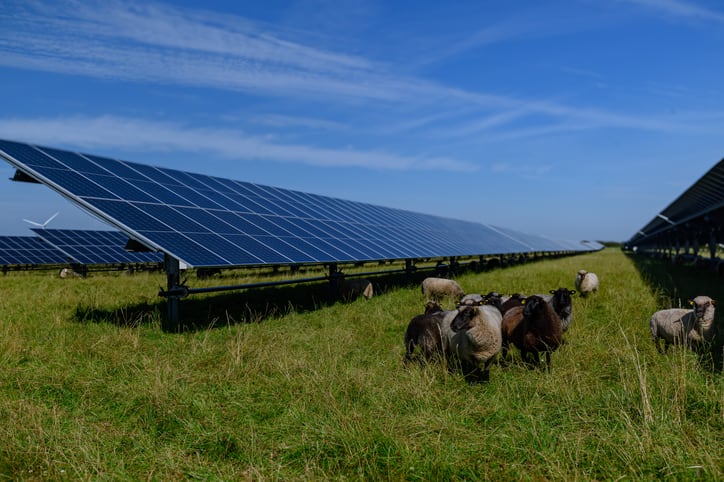
Private equity firm and renewable energy investor Capital Dynamics has raised €185 million to finance two of Italy's largest agrivoltaics projects in Sicily.
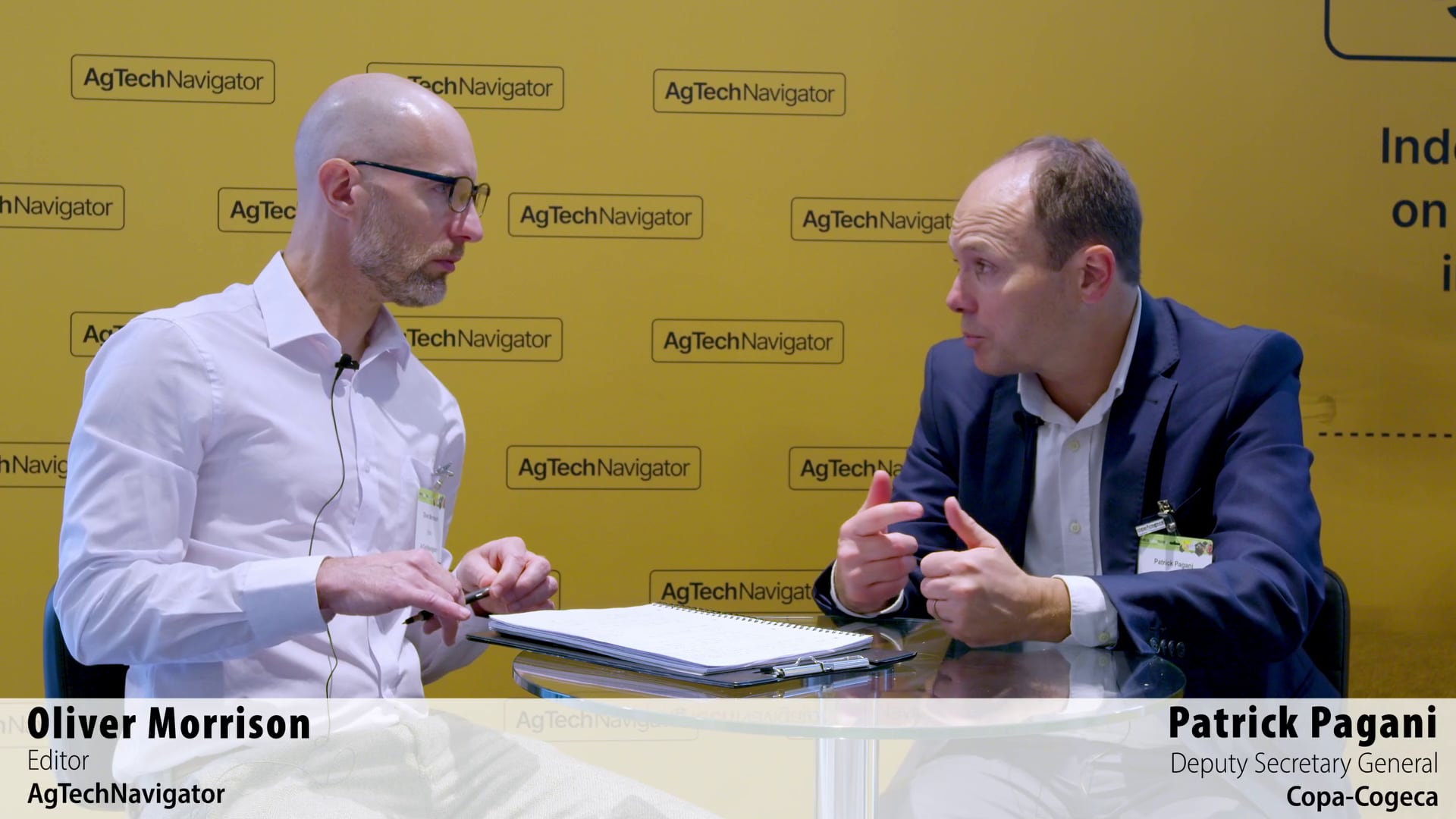
Carbon farming in Europe is still a relatively new and emerging market, but Patrick Pagani, deputy secretary general of influential agricultural lobby group Copa-Cogeca says there is confidence that carbon credits will prove a viable income source for...
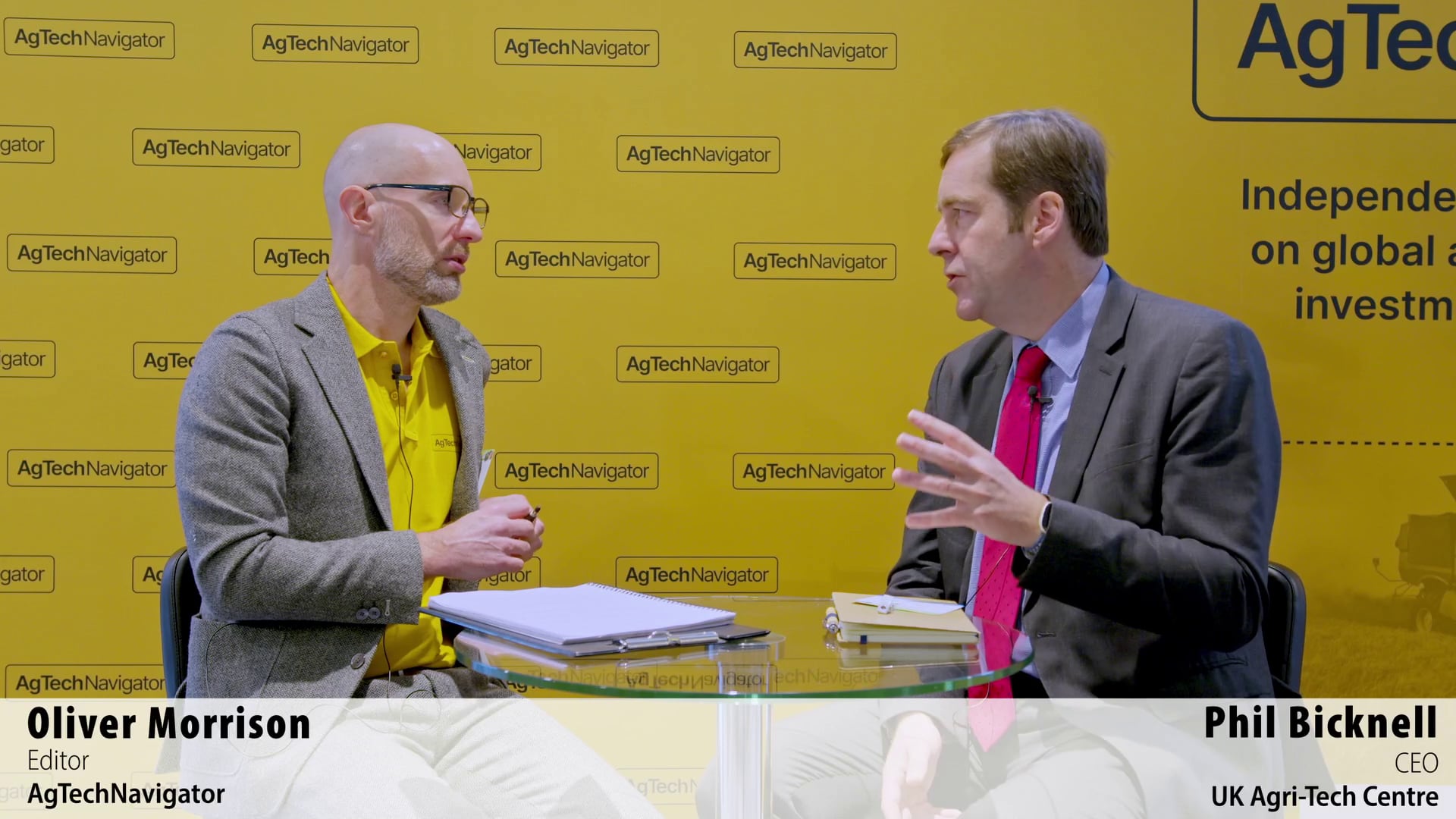
Farmers are not resistant change, says Phil Bicknell, CEO at the newly merged UK-Agri-Tech Centre. But the “three Cs” of communication, collaboration and cash are needed to help them adopt newer sustainable practices.
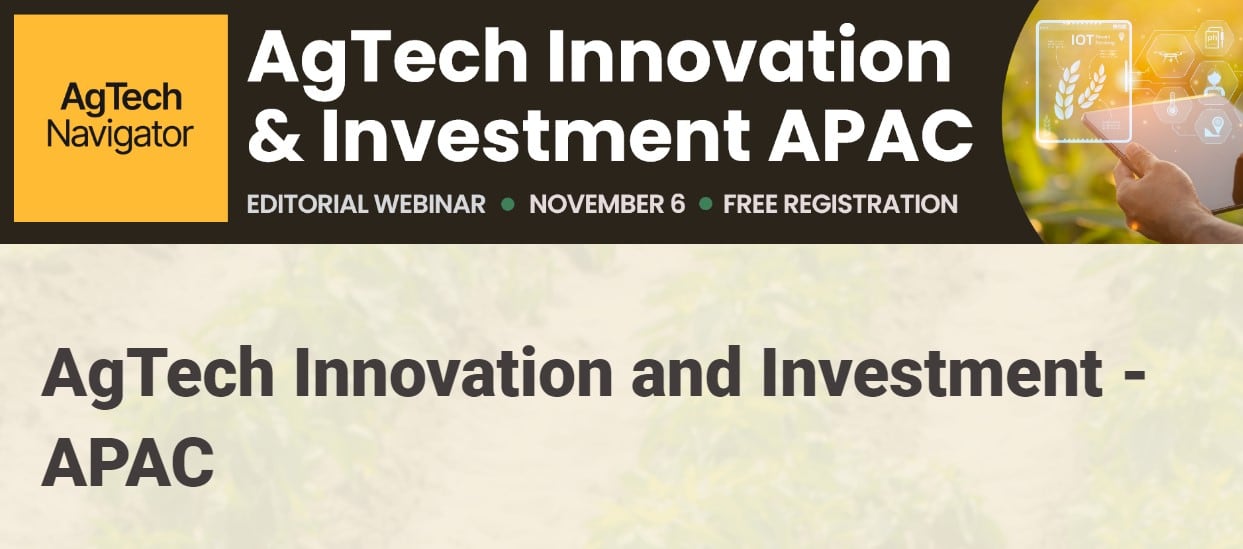
AgTechNavigator's FREE AgTech Innovation and Investment – APAC editorial webinar takes place on November 6. Register your attendance today so you don’t miss out. The event will start on Wednesday, November 6, 2024 at 5:00 PM SGT (Singapore).
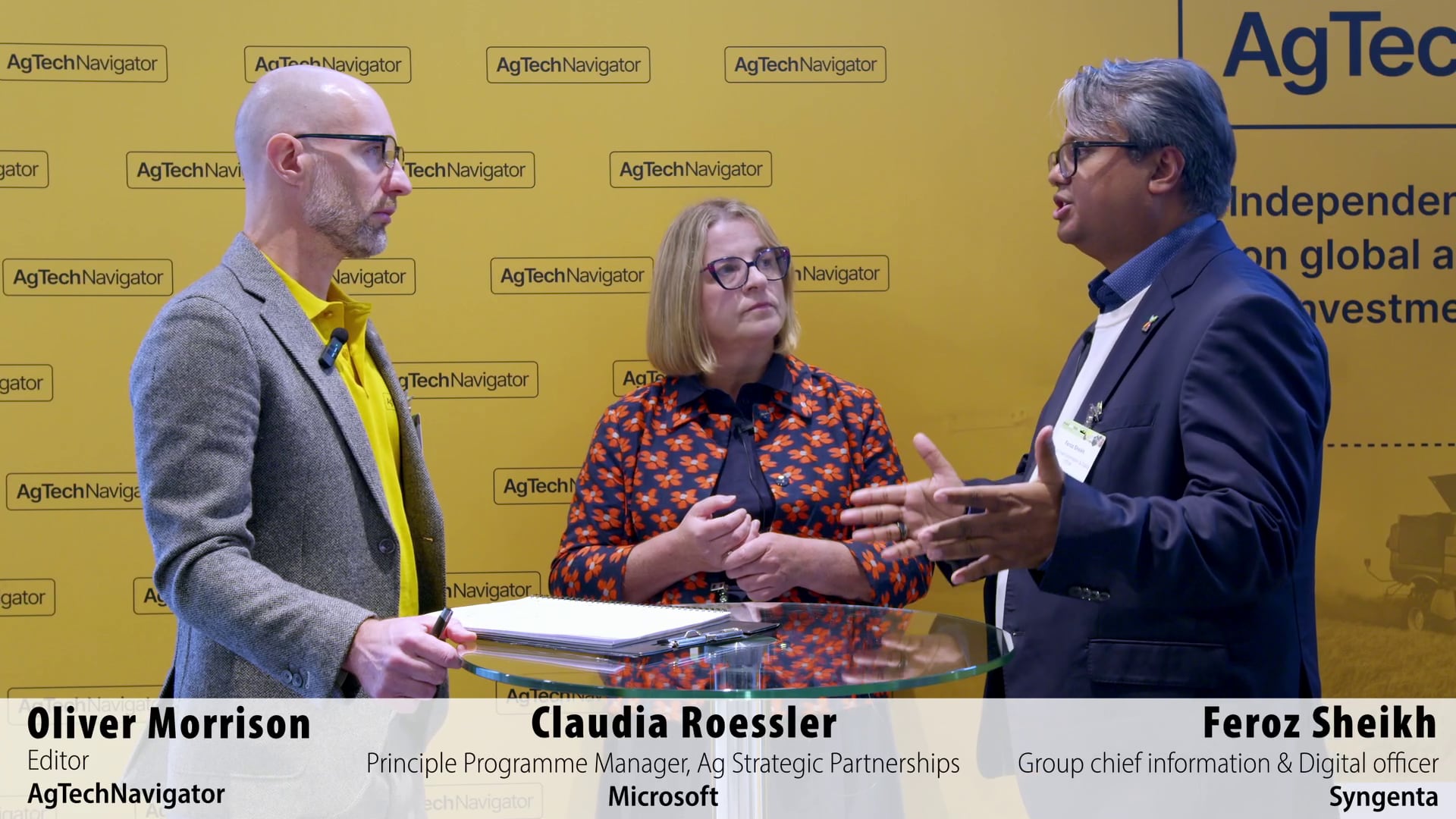
GenAI and AI platforms continue to develop at a fast pace, experts from Microsoft and Syngenta Group told the recent World Agri-Tech Innovation Summit in London. But ‘humans in the loop’ are needed to develop dependable frameworks for validating...

Cautious farmers are more concerned with ROI and less willing to experiment with new products and technologies, according to a new global report from McKinsey.
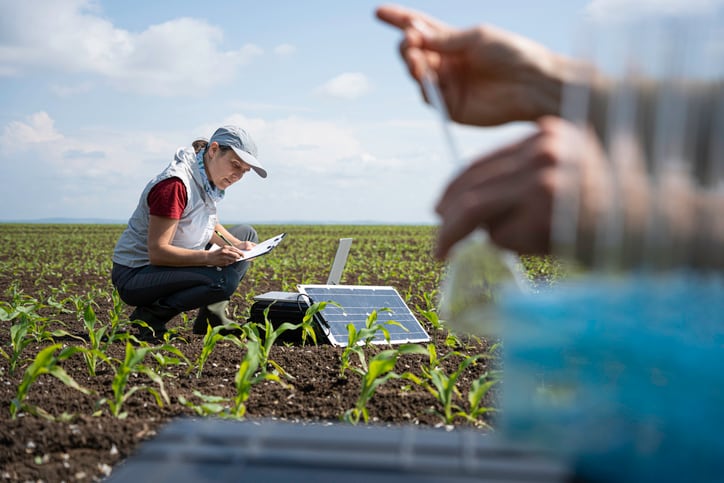
Danish company Agreena is now working with more than 2,300 farmers to transition a total of 4.5 million hectares to regenerative agriculture across Europe – up by 2.5 million hectares in a year.
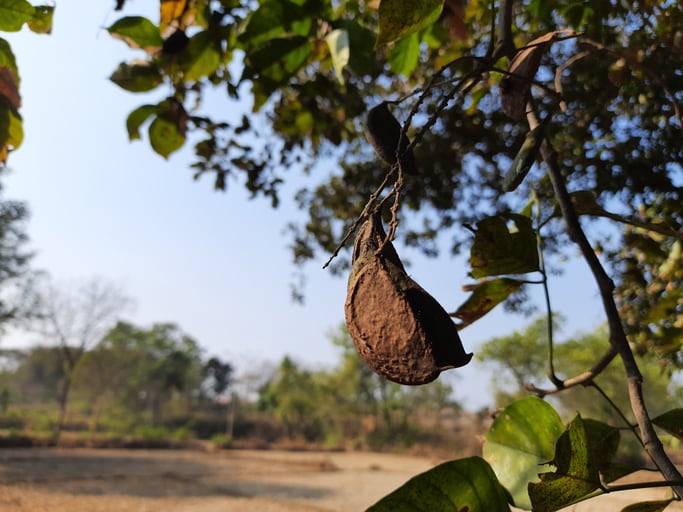
Terviva, the company aiming to plant 200 million pongamia trees over 10 years for food, feed and fuel, has received investment from Chevron Renewable Energy Group, as mining giant Rio Tinto also looks to pongamia as a feedstock for renewable diesel...
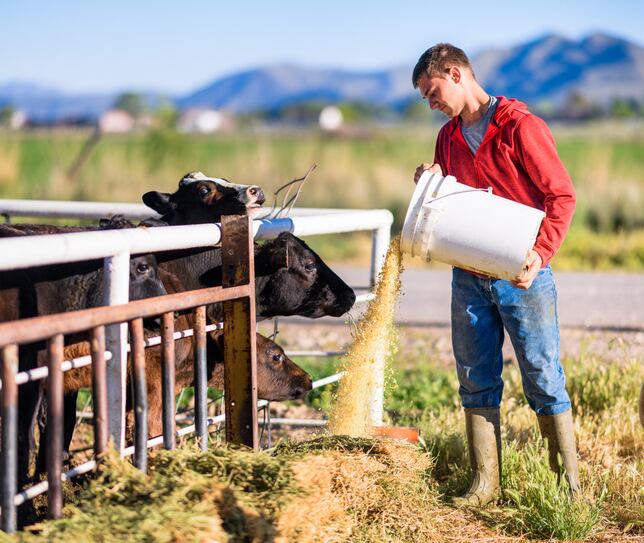
A new report shows a rise in digital payment adoption among US farmers, reflecting a broader industry shift towards digital solutions. But costs are still a concern for younger tech adopters.

Innovation Insider: Country profile
Will Denmark’s unprecedented carbon tax be replicated in other countries? Or is it simply another example of its unique willingness to challenge the status quo?
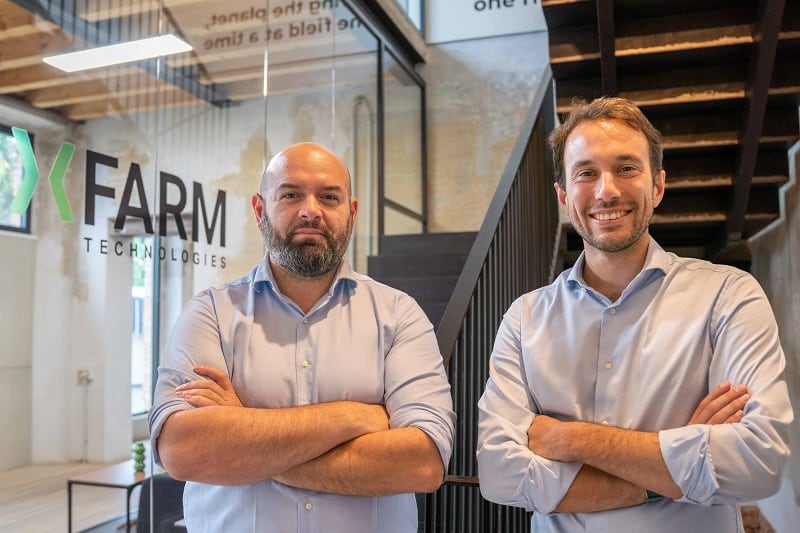
The company that provides digital solutions to help farmers and agribusinesses optimise their operations has raised €36 million in a Series C funding round.
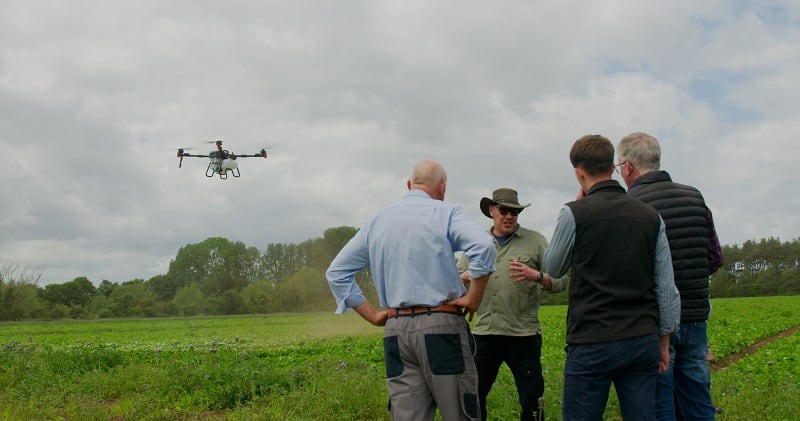
UK retailer Marks & Spencer has begun using drones and robot tractors to produce lower carbon parsnips.

Two studies investigate the potential of carbon capture and carbon sequestration in mitigating the effects of climate change.

From regen ag to AI and biologicals… what’s hot and what’s not in agtech? This and much more was discussed at the World Agri-Tech Innovation Summit in London.
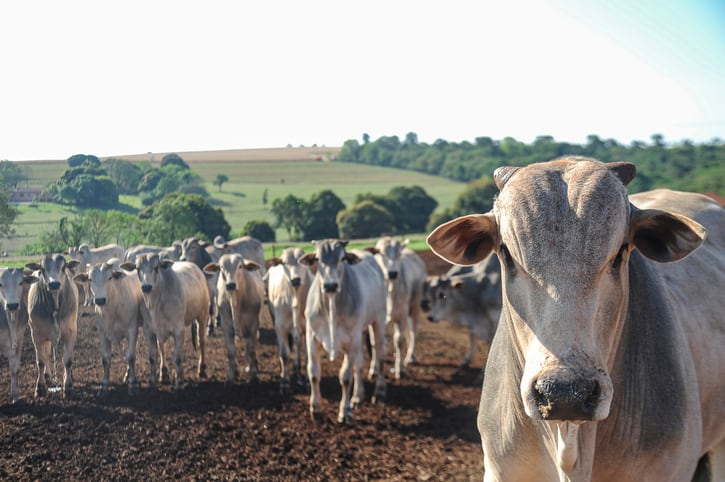
Sustainability report card
The meat giant’s climate ambitions are ‘unwavering’, according to its latest sustainability report. Is it making genuine progress or just hot air?
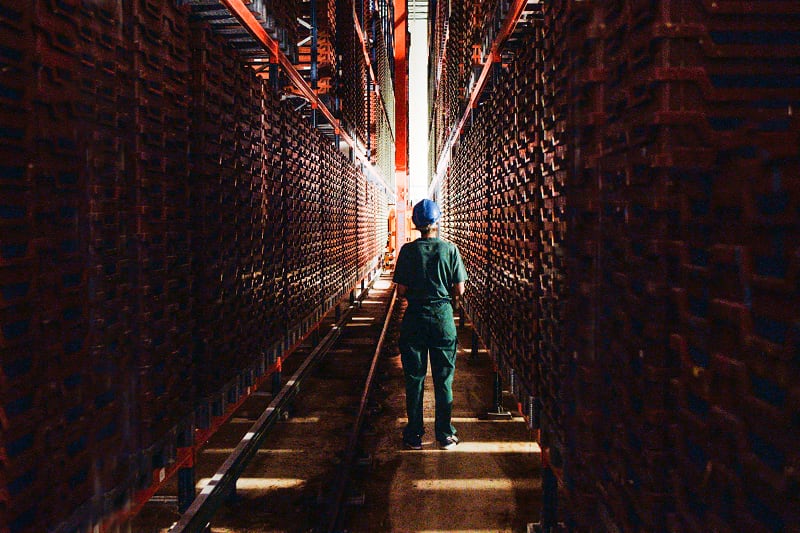
The French poster child of the insect farming industry has filed a safeguard plan after failing to find enough financing for its expansion plans. Can it find cash from some investors?
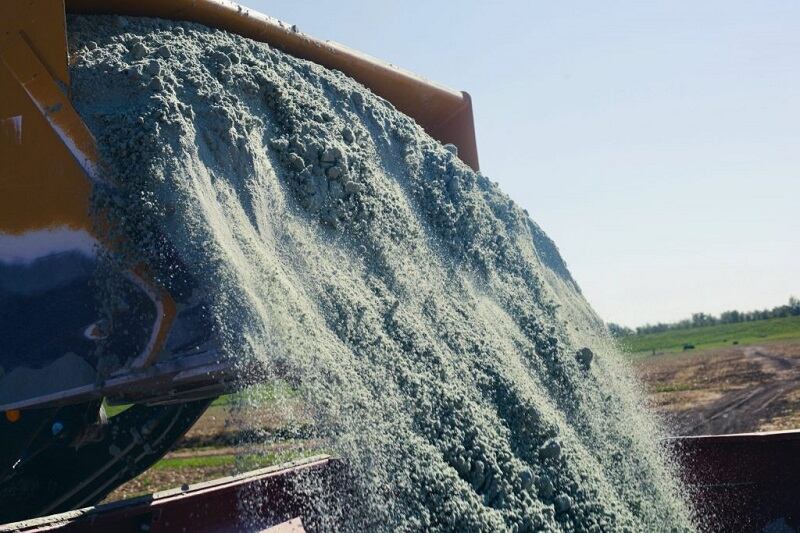
Eion, a carbon removal company that uses enhanced rock weathering to remove atmospheric CO2 permanently and verifiably, has announced a contract to deliver 8,000 tonnes of permanent CO2 removal to Microsoft.

Sustainability report card
ADM's sustainability efforts are a competitive advantage and foundational to its purpose and growth strategy. But the company acknowledges areas for improvement, particularly in safety performance. Additionally, the agribusiness giant recognises the...
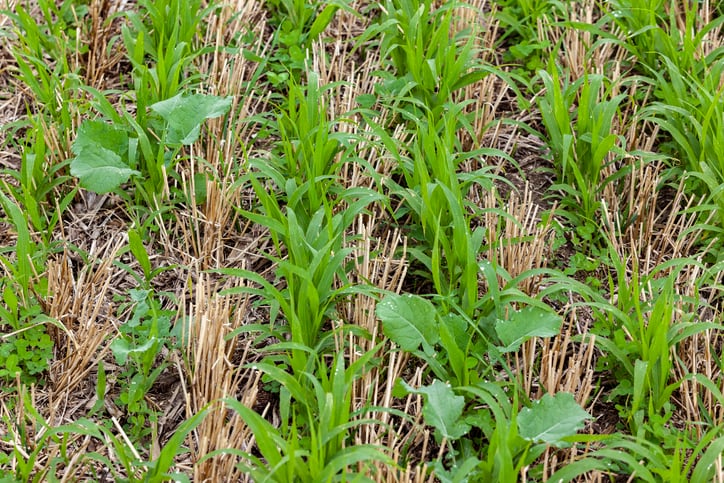
The US food giants have announced an innovative approach to address Scope 3 greenhouse gas emissions within their shared value chain.